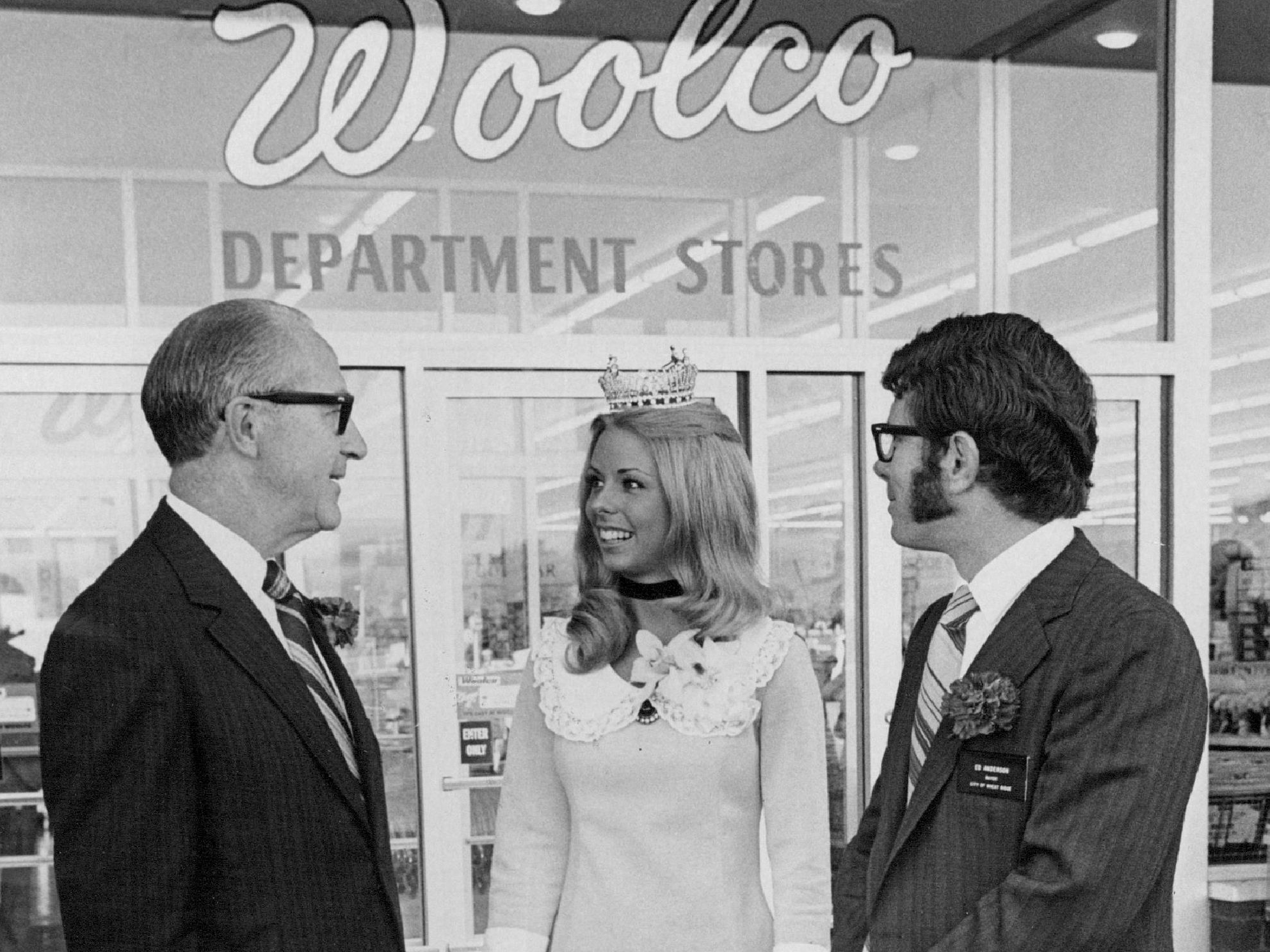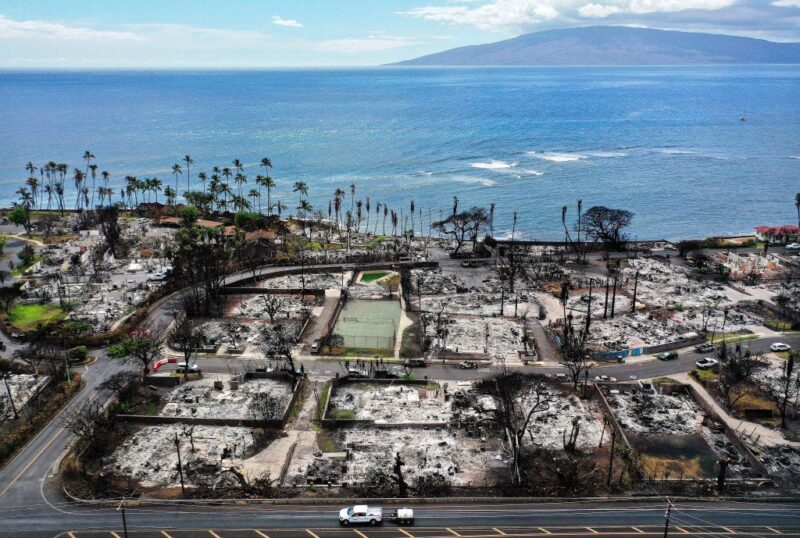- Keeping a department-store chain afloat can be tricky.
- Dozens of regional and national chains have collapsed over the years, even before the retail apocalypse got started.
- Check out these companies that have succumbed to changing tastes, the advent of shopping malls, poor business practices, and tough luck.
Retail can be a merciless business.
Take department stores, for instance. A quick scan of any list of defunct department-store chains reveals that it’s a business that doesn’t take kindly to mistakes – or even just plain old bad luck.
Read more: 7 crimes that shook the world of retail
The retail apocalypse began roughly around 2008, around the time the recession kicked off. But the history of retail is littered with department-store chains that sunk long before that.
Here's a list of department store chains that went under - or fell into an irreversible decline - before the retail apocalypse began raging:
Marshall Field's survived the Great Chicago Fire and the Great Depression, but the Chicago-based department-store chain couldn't survive Macy's. The May Department Stores Company acquired the stores from Target in 2004. Then, five years later, Macy's acquired May and its assets. The remaining Marshall Field's stores, including the famed flagship store in downtown Chicago, were controversially rebranded as Macy's stores.

Source: Chicago Tribune, Minneapolis Business Journal
Department store chain E. J. Korvette was a harbinger of future discount-oriented chains like Walmart. Despite its success in the years after WWII, it overstretched itself and closed permanently in 1980.
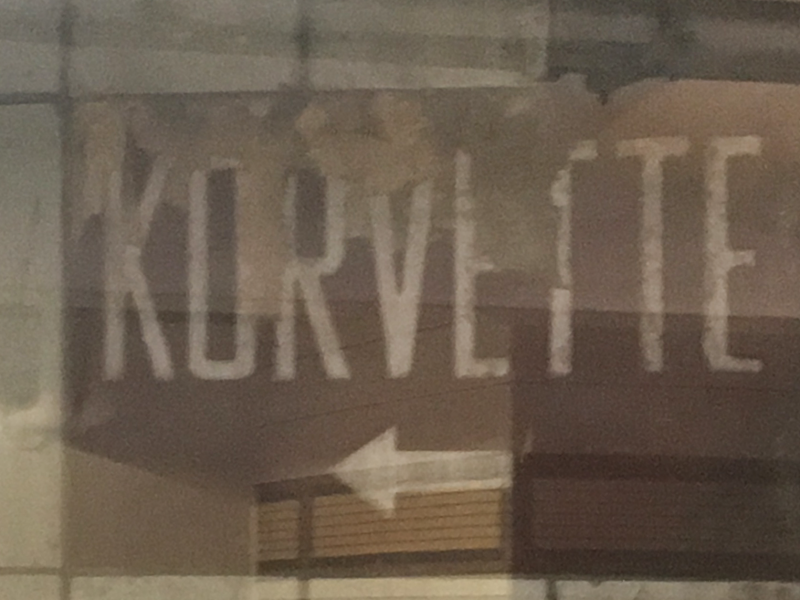
Source: PennLive
Jordan Marsh was a dominant New England retailer with roots dating back to 1841. Jordan Marsh was acquired several times before Macy's bought up the stores and retired the brand in 1996.
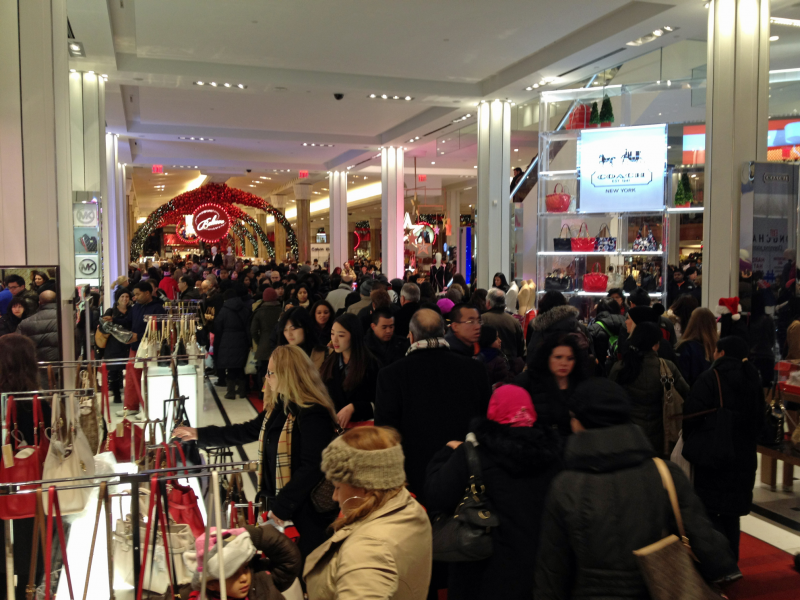
Source: The New York Times
Gayfer's — which later dropped the apostrophe in a rebranding — operated a department-store chain out of Mobile, Alabama. But the company shuttered in 1998, after it was purchased by Dillard's.

Source: Southern Living
Conservative presidential candidate Barry Goldwater's grandfather founded Goldwater's department-store chain in Phoenix, Arizona. After a number of acquisitions, the stores dissolved in 1989.

Source: Los Angeles Times
The Long Beach, California-based Buffums' developed a reputation as the fancy "Grand Dame" of California department-store chains. But that wasn't enough to save the company, which shut down in 1990.
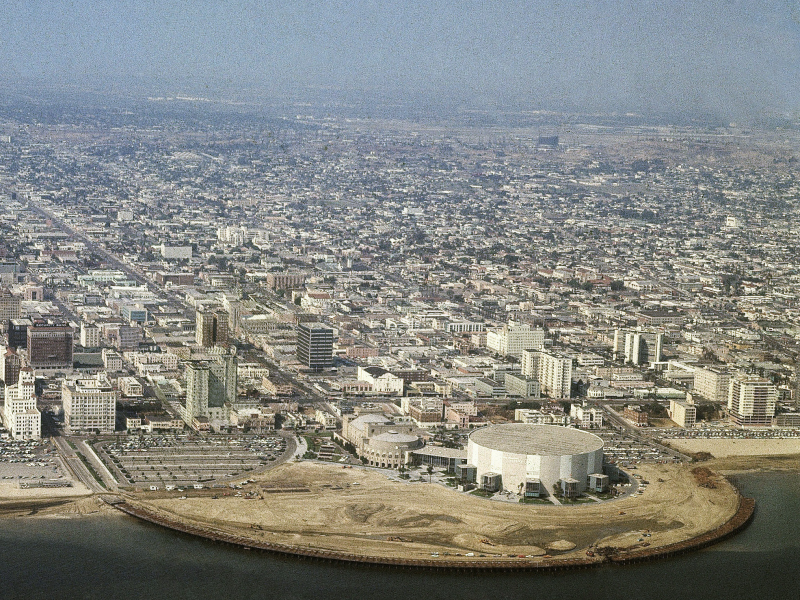
Source: Long Beach Post
Gottschalks ran dozens of department stores in the western US. The company was even publicly traded, but it was kicked off the New York Stock Exchange in 2008 after its stock began to hit rock-bottom. The company filed for Chapter 11 bankruptcy protection in 2009.
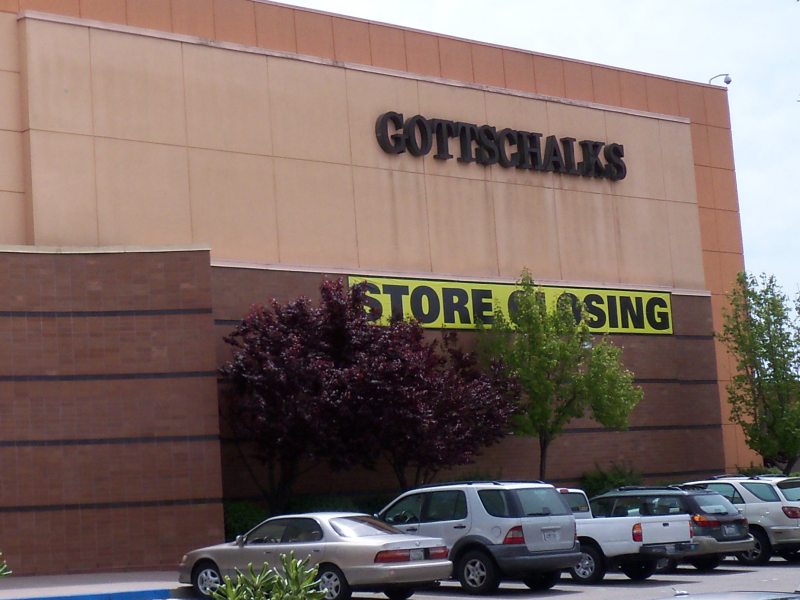
Source: Seattle Times
Mervyn's came onto the scene in 1949 and established itself as a major department-store chain. The company ended up closing all of its stores in 2008 after a major sales decline in the early 2000s.
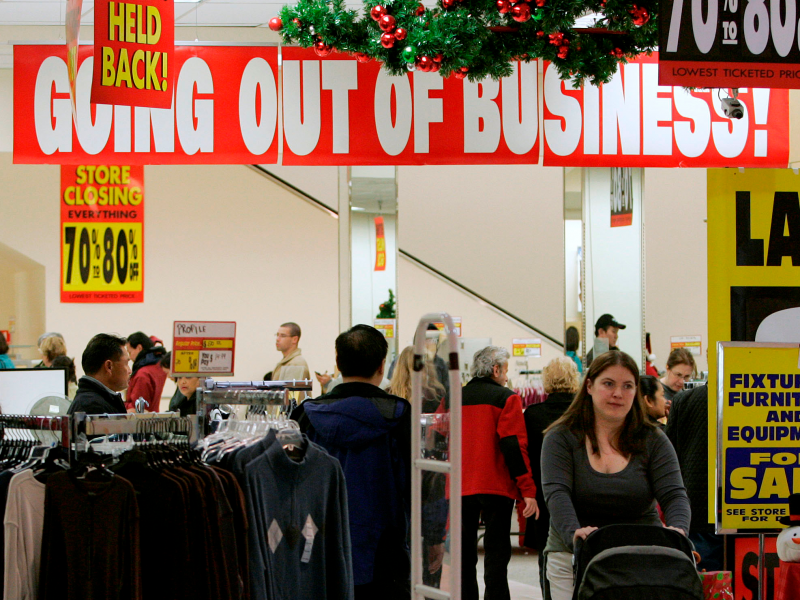
Source: Salon
Founded in 1951 by newlyweds Carl and Dorothy Bennett, Caldor gained a reputation as the Bloomingdale's of the discount-department-store world. Despite its low prices, the stores provided shoppers with quality goods and a more upscale shopping experience. After a series of financial struggles in the 1990s, the chain shut down in 1999.

Source: The New York Times, The New York Times
At the height of its powers, discount-department-store chain Woolco operated stores in Canada and the UK. The Woolworth spinoff ended up closing all of its US stores in 1983.

Source: The New York Times
Founded in 1956, Zayre's line of discount department stores spread across the East Coast. But internal struggles in the 1980s prompted the chain's parent company to sell its stores to the company Ames. The department-store chain's new owner ended up closing or renaming all surviving stores by 1990.
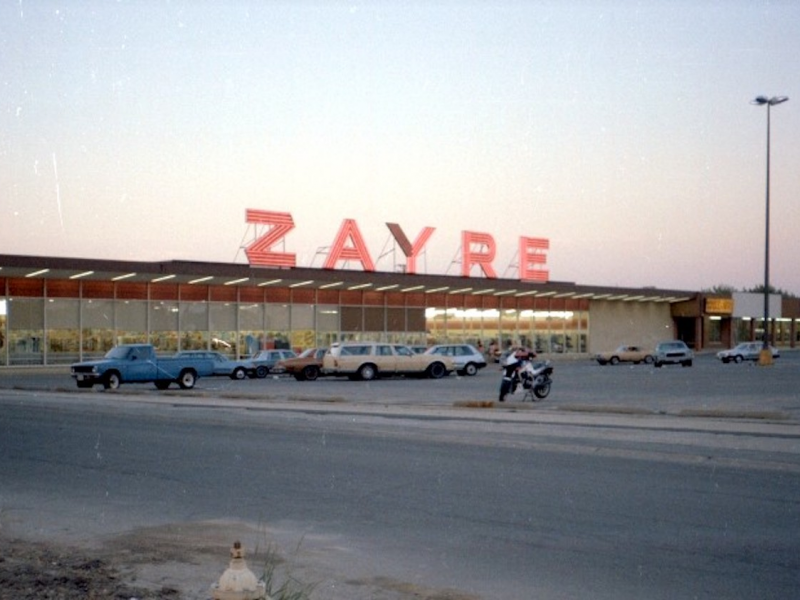
Source: INSIDER
Gimbels, of "Miracle on 34th Street" and "Elf" fame, was a national department-store company that served as a major rival to Macy's. The first store opened in 1842 in Indiana. The company was acquired, and the brand was shuttered in 1987.
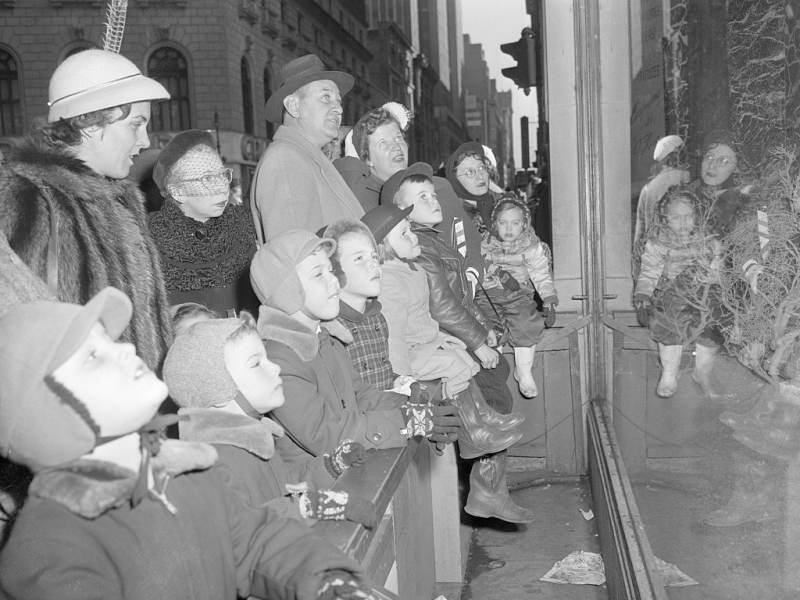
Source: Los Angeles Times

